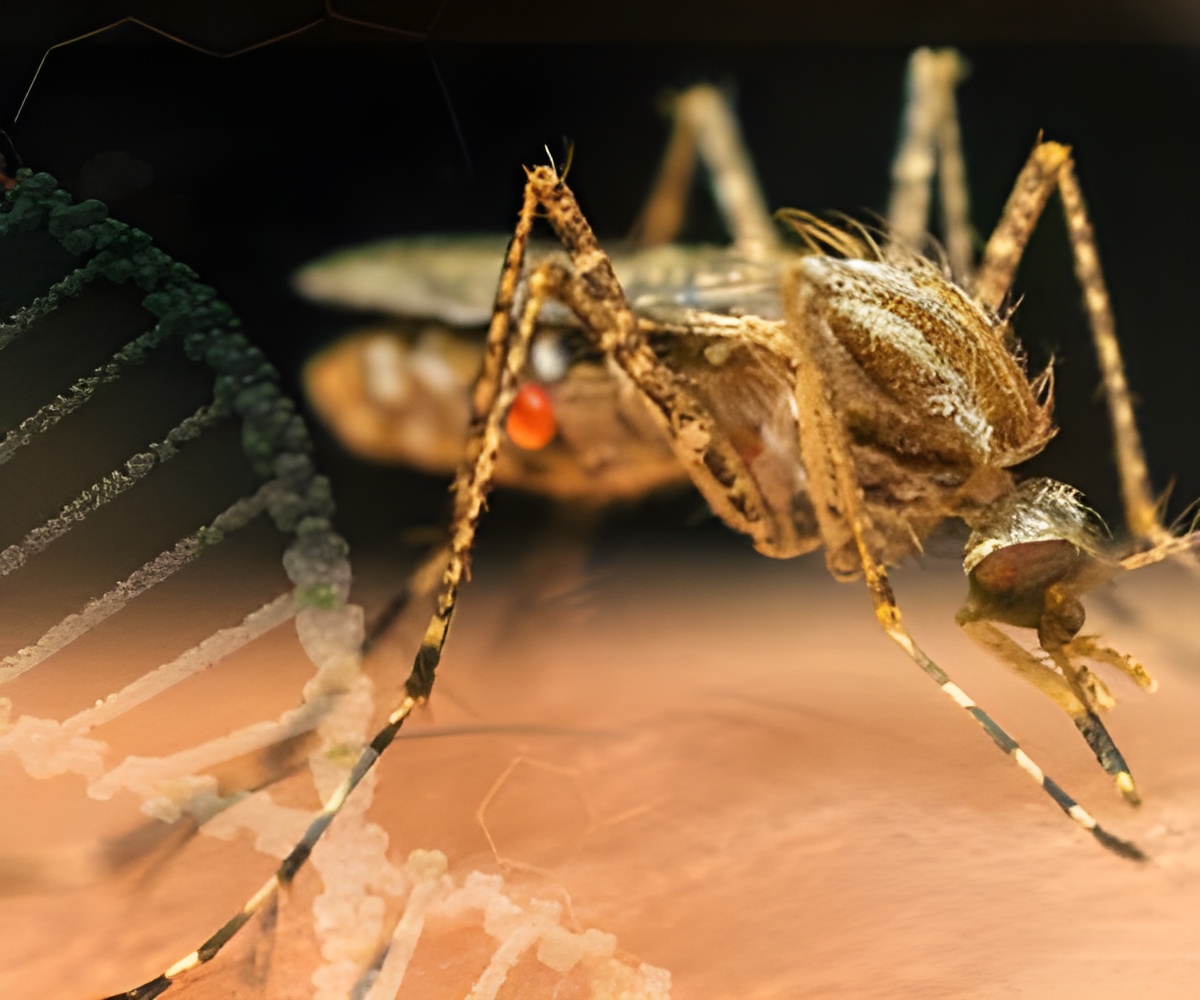Study used computational analysis to distinguish non-essential genes from essential, non-mutable ones in the malarial parasite.

TOP INSIGHT
Around 2,600 genes were identified as indispensable for growth and survival during the malarial parasite's asexual, blood stage.
The complete genetic sequence of P. falciparum was determined more than a decade ago, but the functions of most of its genes remain unknown, and until now only a few hundred mutant strains had been created in the lab. The difficulties in manipulating P. falciparum stem in part from the extremely high percentage of adenine or thymine (two of the four chemical building blocks that make up DNA) in its genome. Standard methods for creating mutants rely on more variation in gene sequences and so do not work on P. falciparum. In the new research, Dr. Adams and his colleagues created mutated versions of nearly all the parasite's 6,000 genes with a technique that preferentially targets areas rich in adenine and thymine, thus exploiting the very feature that had foiled previous attempts at genetic manipulation.
The team used computational analysis to distinguish non-essential genes (those that could be mutated) from essential, non-mutable ones. About 2,600 were identified as indispensable for growth and survival during the parasite's asexual, blood stage. These included ones associated with P. falciparum's ability to resist antimalaria drugs, highlighting them as high-priority targets for new or improved antimalarial compounds, the researchers note.
Source-Eurekalert
 MEDINDIA
MEDINDIA




 Email
Email










